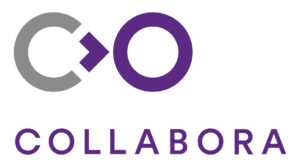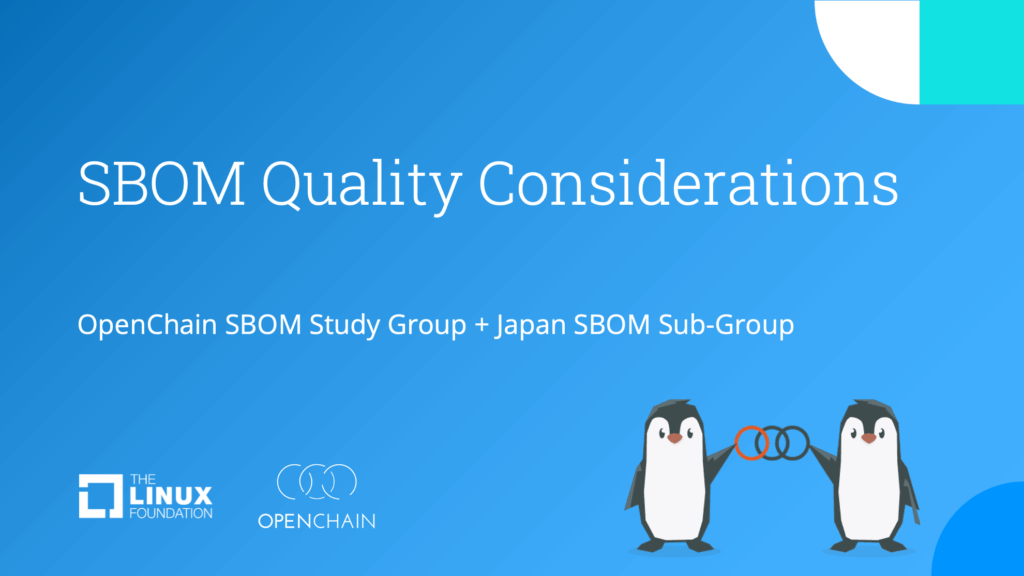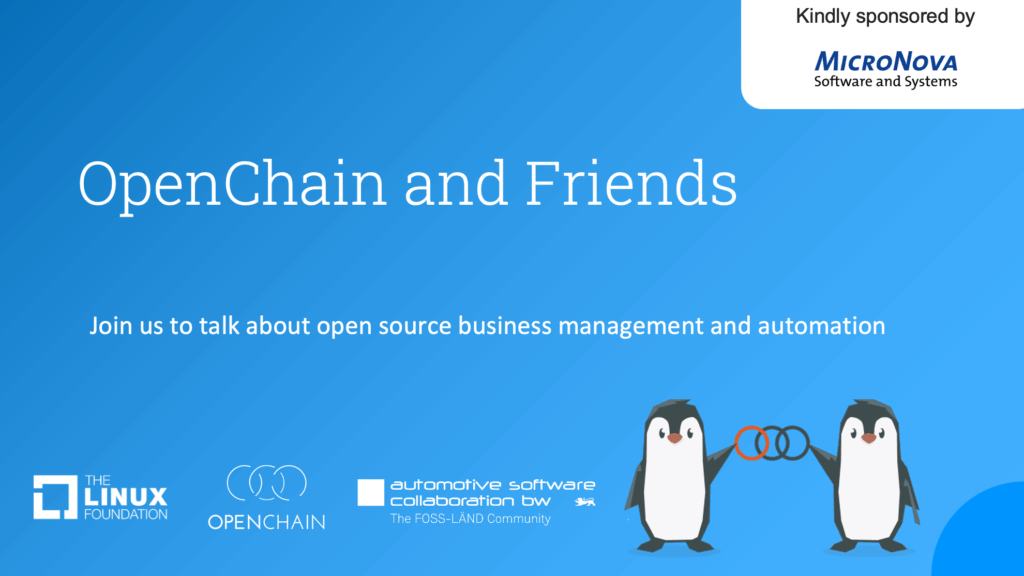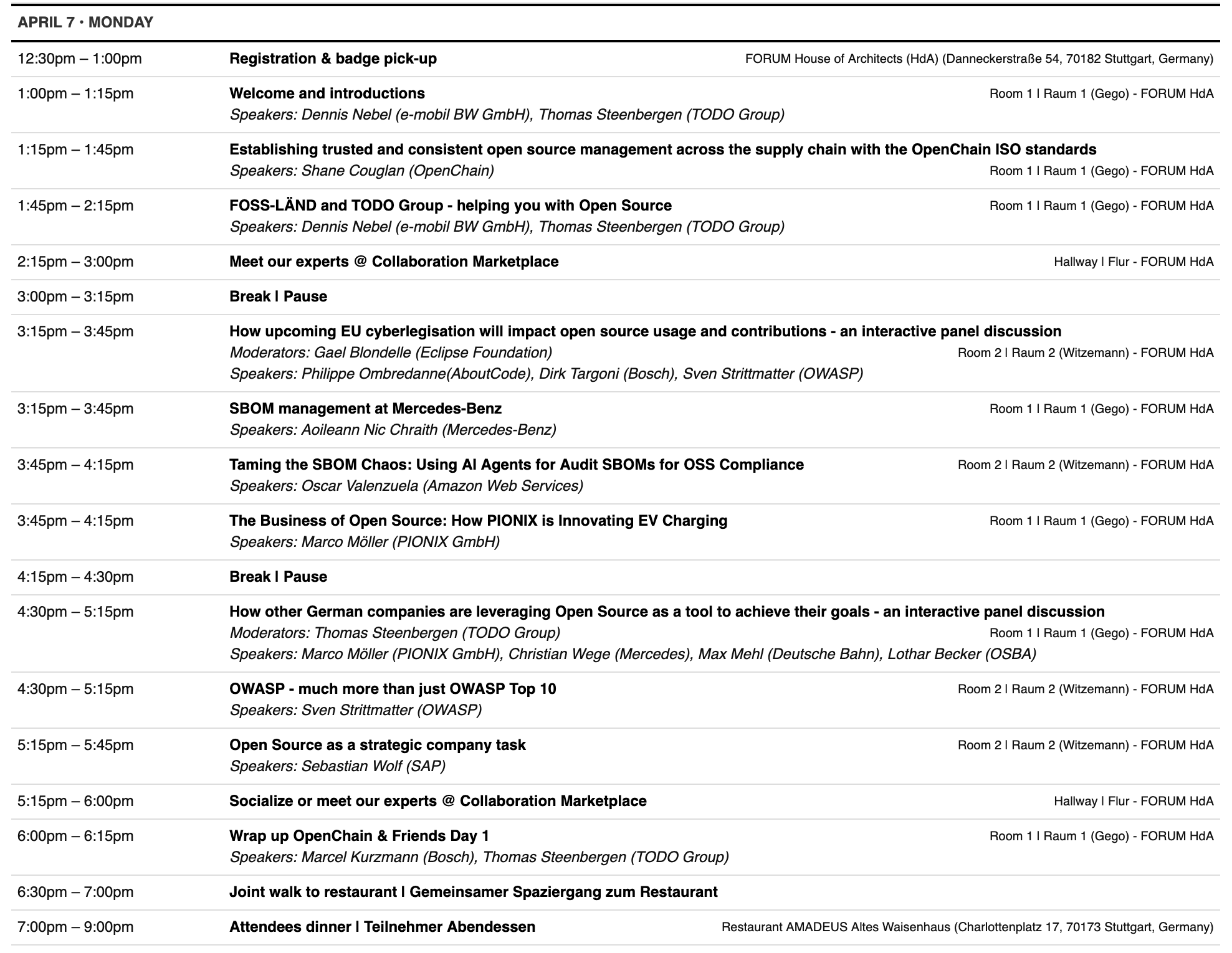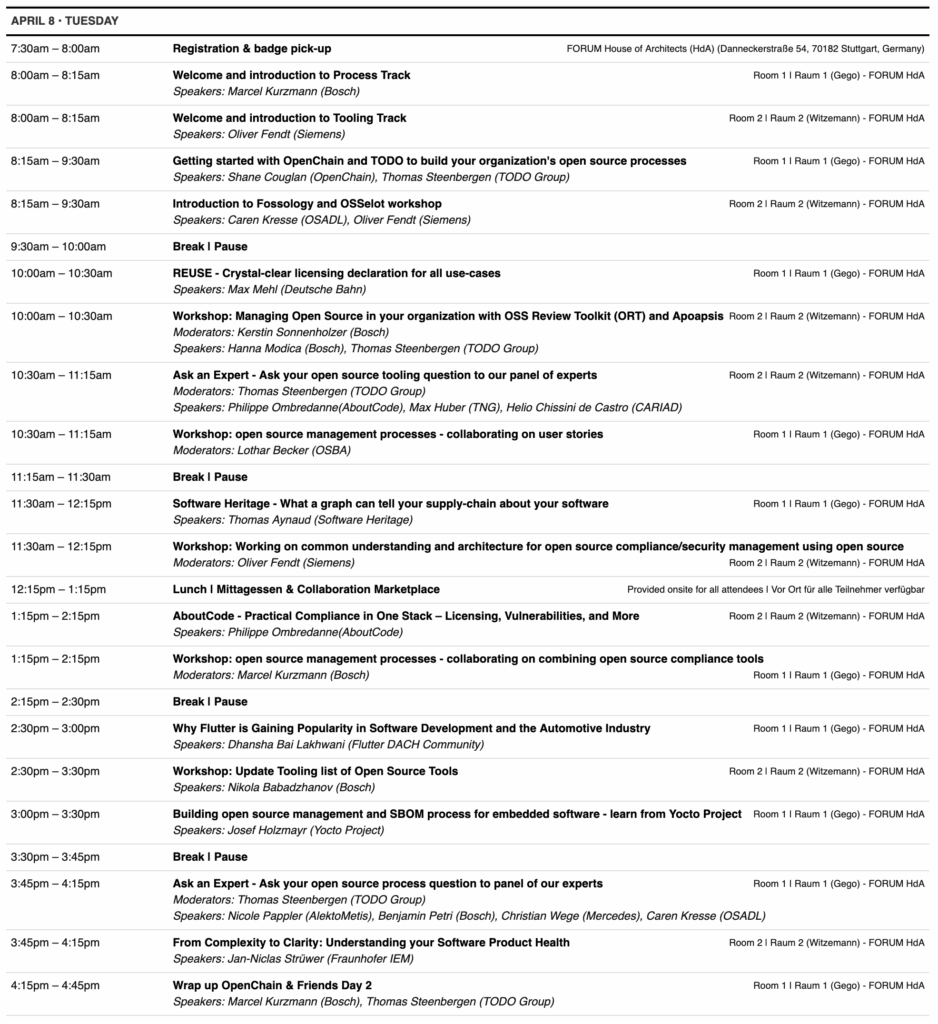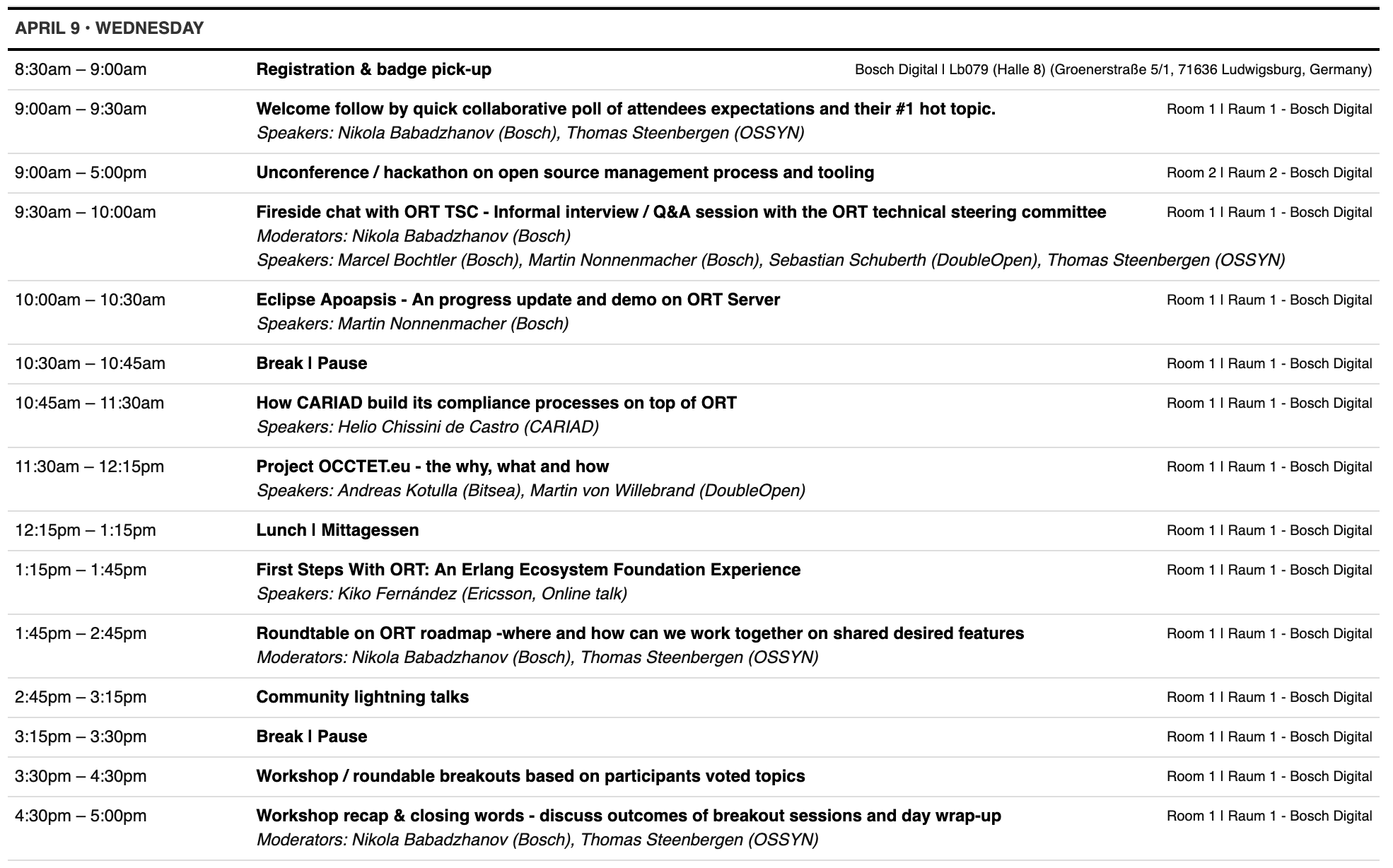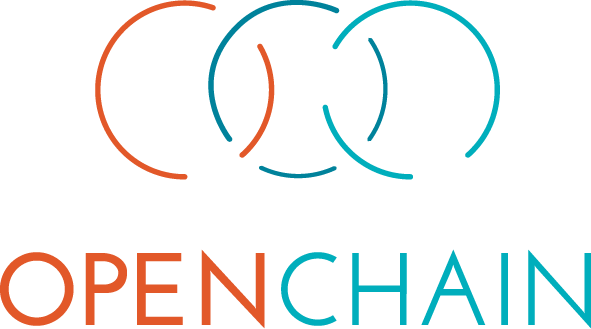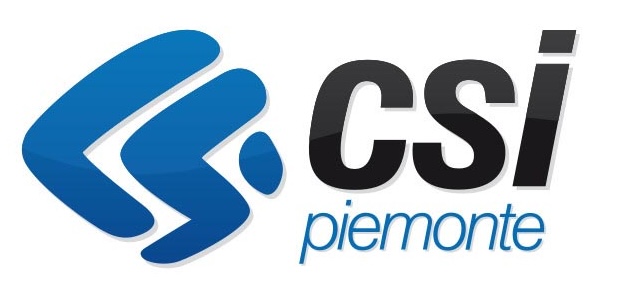
CSI Piemonte, an early adopter of OpenChain ISO/IEC 5230, has announced their fourth periodic recertification of the international standard for open source license compliance processes.
“CSI Piemonte has renewed its self-certification to ISO/IEC 5230:2020 for the fourth time, aware of its decades-long aptitude to implement, acquire, and publish open source software,” says Marco Alberto Panepinto, Open Source Subject Matter Expert at CSI Piemonte. “Italian law, in particular, requires public administrations to publish self-produced software on the national Developers Italia catalog, on which CSI Piemonte publishes the products implemented for local Piedmontese bodies, including mainly the Piedmont Region. Our processes are aimed at providing and promoting the creation and control of open source software, aimed at reuse by other public administrations, as our legislation provides. It is therefore since 2020 that we have adhered to the standard and we are proud to continue pursuing the goal of making our software open.”
“In recent months we have highlighted recertification activity around our standards to underline the concept of sustainable approaches to software management,” says Shane Coughlan, OpenChain General Manager. “Continuity in supply chain management is key to ensure that issues are minimized and productivity is maximized. We are delighted to collaborate with CSI Piemonte on yet another reminder of this important point, and the suitability of OpenChain standards for such long-term management.”
About CSI Piemonte
CSI Piemonte has promoted technological innovation and digital transformation for public administrations since 1977. OpenChain is delighted to welcome them to our community of conformance.
Learn More About CSI
About the OpenChain Project:
The OpenChain Project has an extensive global community of over 1,000 companies collaborating to make the supply chain quicker, more effective and more efficient. It maintains OpenChain ISO/IEC 5230, the international standard for open source license compliance programs and OpenChain ISO/IEC 18974, the industry standard for open source security assurance programs.
About The Linux Foundation:
The Linux Foundation is the world’s leading home for collaboration on open source software, hardware, standards, and data. Linux Foundation projects are critical to the world’s infrastructure, including Linux, Kubernetes, Node.js, ONAP, PyTorch, RISC-V, SPDX, OpenChain, and more. The Linux Foundation focuses on leveraging best practices and addressing the needs of contributors, users, and solution providers to create sustainable models for open collaboration. For more information, please visit us at linuxfoundation.org.
